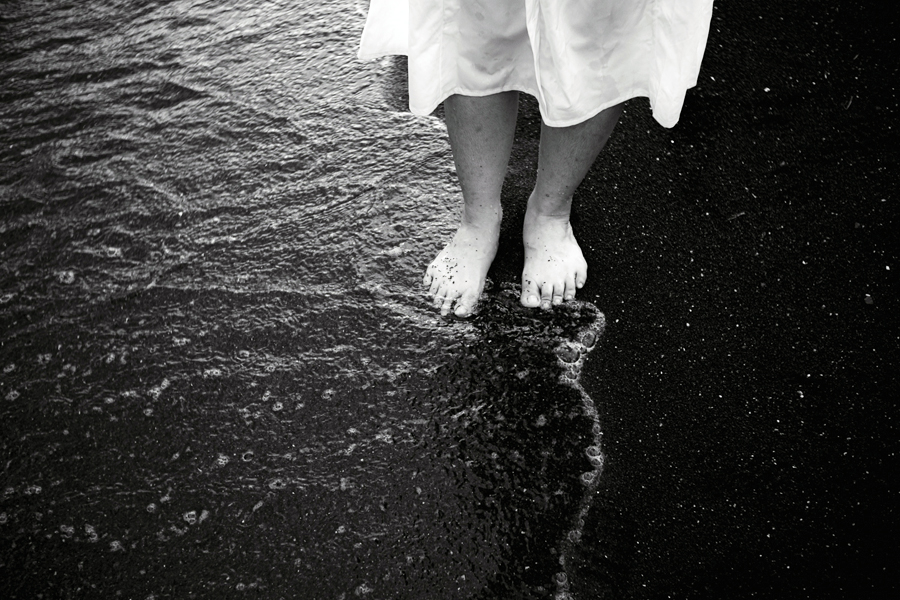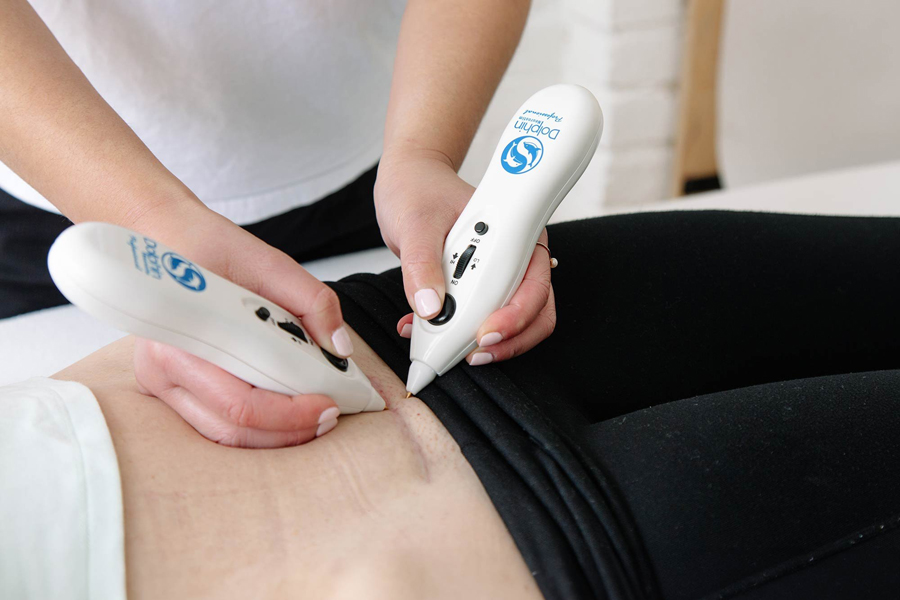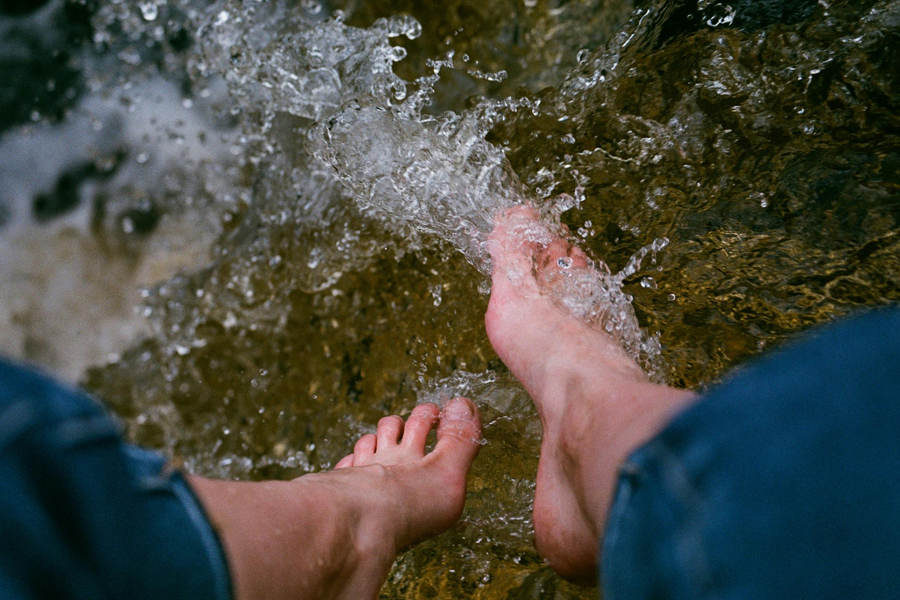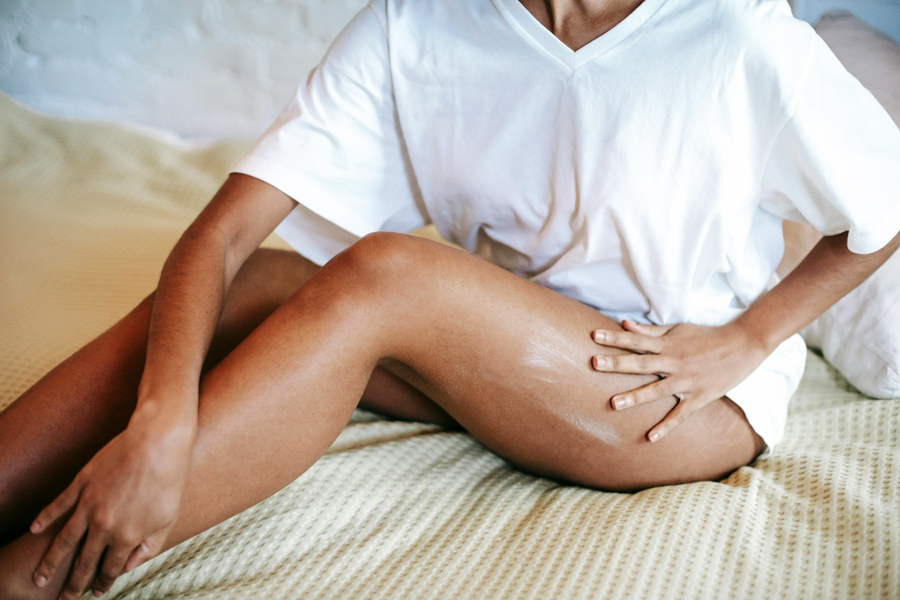Most in our community understand that locating a practitioner — physician, surgeon, or therapist — who is knowledgeable about lipedema or who has experience in working with lipedema is difficult, if not impossible.
Ways to Search for Physicians
There are several methods to use to look for a physician or other practitioners who are knowledgeable about diagnosing or treating lipedema. Those specialties which usually are good places to look are: cardiologists, vascular/vein doctors, dermatologists and lymphedema clinics.
The Lipedema Foundation offers tips for finding a lipedema specialist and includes a provider directory for diagnosing clinicians.
The American Board of Venous and Lymphatic Medicine offers a physician locator for Certified Vein Specialists.
The American Vein and Lymphatic Society (formerly the American College of Phlebology) offers a member locator.
The Ehlers-Danlos Society offers the Ehlers Danlos Healthcare Professionals Directory for physicians and therapists.
Ways to Search for Therapists
The Lipedema Foundation offers tips for finding a lipedema specialist and includes a provider directory for therapists.
The Lymphology Association of North America (LANA) certifies therapists and offers a therapist locator.
The National Lymphedema Network established the NLN Expert Clinician designation in 2021 to elevate the standards of therapeutic care being provided to patients with lymphatic diseases.
You can also use the resource map at the American Lymphedema Framework Project to locate therapists in your area.
The Ehlers-Danlos Society offers the healthcare professionals directory for physicians and therapists.
The Lighthouse Lymphedema Network offers a therapist locator on its site for the states of Alabama, Florida, Mississippi, North Carolina, South Carolina, Tennessee, and Virginia.
Lymphatic Education & Research Network (LE&RN) also offers tips to find a lymphedema therapist.
Schools for Therapists
There are several different schools and methods of instruction in lymphatic drainage. Use the links below to locate a therapist near you.
The schools listed below provide the type of in-person training and classroom hours which are required in order to work with lipedema and lymphedema patients. Please note that there are many classes and schools which advertise manual lymphatic drainage but do not offer the in-depth coursework required to work with patients with lymphatic dysfunction.
Academy of Lymphatic Studies (ACOLS)
Casley-Smith International
Chikly Institute
Klose Training
LymphEd
Monarch Consulting and Education
Norton School
Vodder School
Certified Lymphedema Therapists
There is no single criteria that defines and certifies a “certified lymphedema therapist” (CLT). The National Lymphedema Network (NLN) and the Lymphology Association of North America (LANA) are two organizations which have recommended minimum standards for competency, including 128-135 hours of training in decongestive therapy and hands-on experience with lymphedema patients. LANA also recommends courses in relevant lymphatic network-focused anatomy and physiology and hands-on instruction. The aspiring lymphedema therapist may take the Clinical Lymphedema Therapist-LANA (CLT-LANA) exam upon completion of course work, but LANA certification is not required to practice lymphedema therapy.
Not only is LANA certification not required for lymphedema therapist, it does not assure the quality of a therapist’s work — that goes back to the quality of the school which the therapist attended. It’s worth mentioning here that Klose Training has been one of the schools to “set the bar” in graduating good therapists — the content of their course has not changed, and the curriculum is stronger than before. However, due to the change in ratio of online to in-person hours, graduates of Klose’s lymphedema certification course no longer qualify to sit for the CLT-LANA exam, because of this, considering only LANA-certified therapists could be a detriment to receiving quality care.
A certified lymphedema therapist specializes in the treatment of lymphedema — he or she may be a doctor, nurse, or physical, occupational or massage therapist. Practitioners who specialize in lymphedema therapy are adept at manual decongestive therapy — the form of specialized massage used to stimulate lymph drainage in affected areas of the body — and at applying compression wraps.
About Certified Manual Lymph Drainage Therapists
and Applied MLD Therapists
Klose Training offers a professional credential as a Certified Manual Lymph Drainage Therapist (CMLDT). Instruction in anatomy and physiology of the lymphatic system is presented, and manual lymph drainage (MLD) treatment sequences are demonstrated and practiced. Treatment for mild, medically-uncomplicated upper and lower extremity lymphedema is taught as well as treating traumatic and post-surgical edema.
The Vodder School offers training for an Applied MLD Therapist. Clinical indications for MLD are taught for patients with a functional lymph vessel system. Successful completion of Levels 1 and 2 enables certification in Applied MLD. This certification replaces the Clinical Wellness Therapist, which is a therapist trained in MLD; this course is no longer offered as of 2020.
Please note that the Academy of Lymphatic Studies offers a course in manual lymph drainage certification (MLD-C), but this course does not train therapists to treat patients with lymphedema.
Lymphology Training Programs (n.d.). Lymphology Association of North America.
What is a lymphedema therapist and how can one help you? (n.d.). Lymphedema Products.
Alternatives in Lymph Drainage
Alternatives in Lymph Drainage
An alternative to MLD is reflexology lymph drainage (RLD). RLD is beneficial for those without insurance. The cost to access MLD through occupational and physical therapy departments is expensive, and the option of RLD is much more affordable. RLD is a good alternative for those wanting to remain dressed during treatments.
There are many diagnosed with lipedema who find that MLD does not alleviate their swelling, and RLD provides an alternative to manual lymph drainage. Not only can RLD reflexology sometimes relieve the symptoms of swelling, it can also provide a boost in health by stimulating reflex points and offering relief for many symptoms and conditions, including aches and pains, arthritis, asthma, eczema, edema, chronic fatigue, fibromyalgia, headaches, muscular tension, postoperative recovery, premenstrual syndrome, and sinus problems. Approved practitioners of RLD can be found through the RLD website.
Additional Information
Physicians and therapists for Arizona, California, Nevada, New Mexico, Utah, and West Texas | Sonora Well Care
Standard of care for lipedema in the United States | Journal of Phlebology





